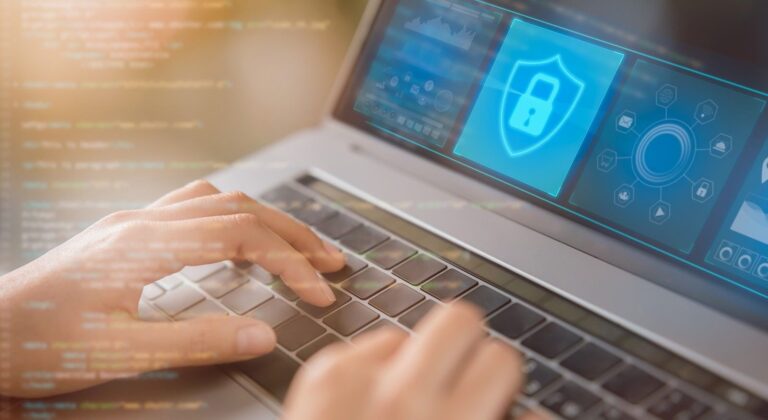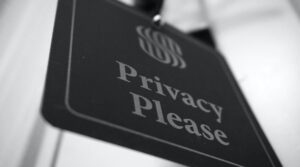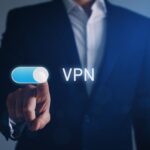A VPN, or Virtual Private Network, is a tool that can be used for many things. Some use it to access region-locked content, others use it to hide their browsing activity from their ISP, and still others use it for security and anonymity. In this post, we’ll show you how to use a VPN for security and anonymity.
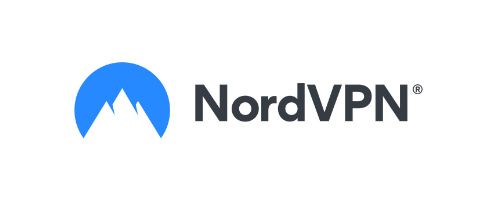
NordVPN Special Deal
Get VPN protection from NordVPN, one of the most reliable VPN companies in the world, for just $3.99/month!
✅ Possibly, the best Double VPN implementation.
✅ Over 5000 servers in 60 countries.
✅ VPN split tunneling support.
Why you might want to use a VPN for security
Most internet users are aware of the risks of using public Wi-Fi networks and take precautions to protect their data. However, what many people don’t realize is that their home Wi-Fi network may also be vulnerable to attack.
A VPN is one of the best ways to protect your data. It encrypts your internet traffic and routes it through a server in a different location. This makes it much harder for hackers to intercept your data and gives you an extra layer of security.
There are many other benefits of using a VPN as well. For example, it can help you bypass censorship and browse the internet freely. It can also help you unblock geo-restricted websites and improve your online privacy.
Recommended VPNs


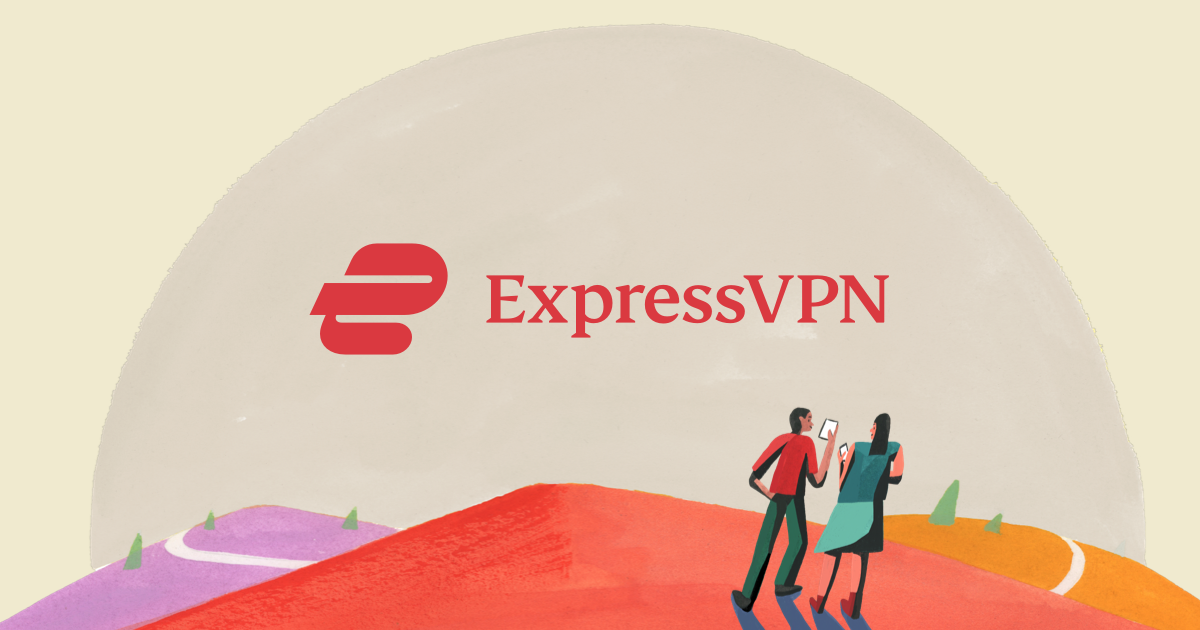
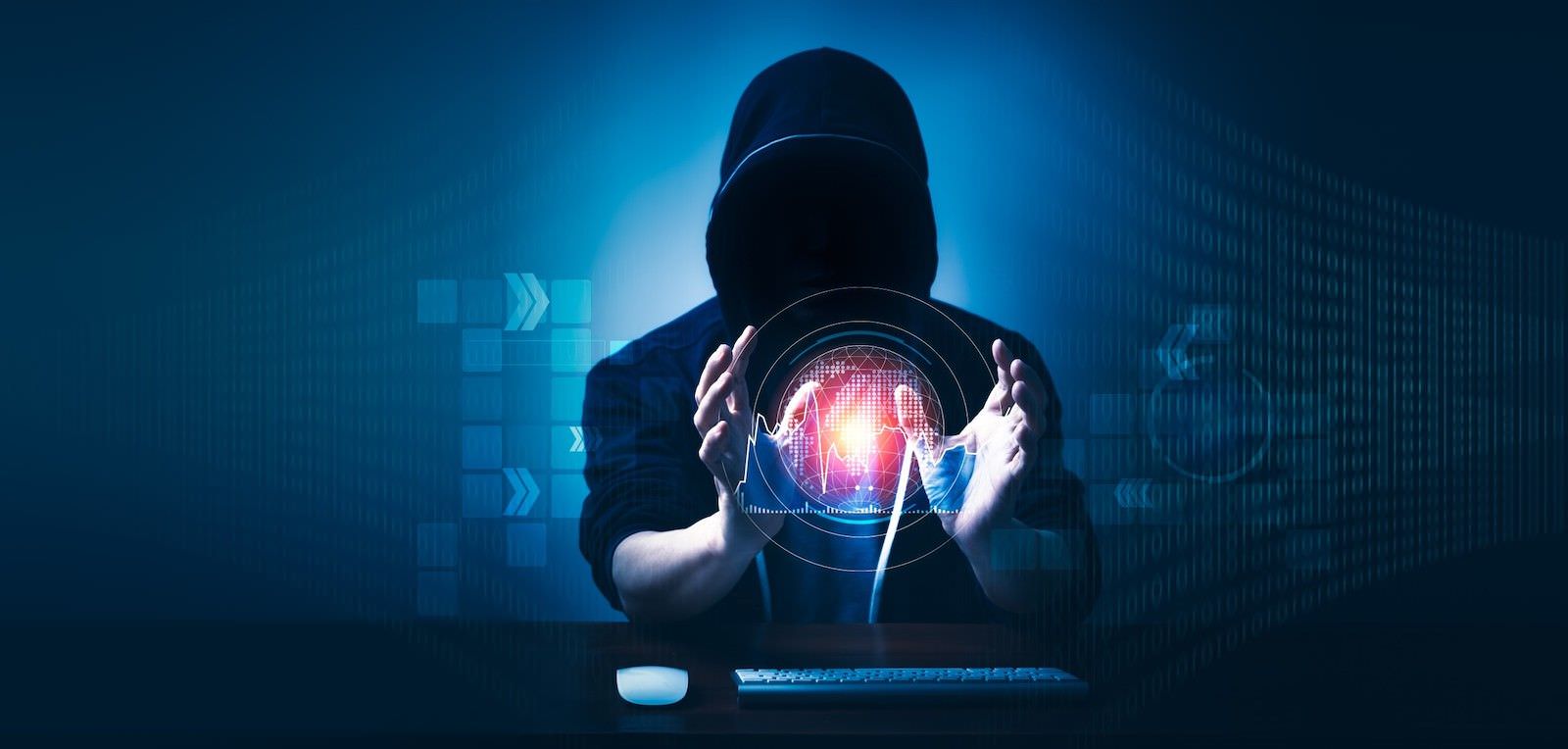
Why use a VPN for anonymity
There are numerous reasons why someone might want to utilize a VPN for anonymity. Perhaps they are concerned about their privacy and want to keep their internet usage hidden from their ISP or the government. Maybe they are worried about being spied on or tracked by websites. Or perhaps they just don’t want anyone to be able to see what they are doing online.
No matter what the reason, using a VPN is a great way to achieve online anonymity. A VPN creates a secure connection between your device and the VPN server, which encrypts all of your data and keeps it hidden from prying eyes. This makes it difficult for anyone to track your activities or see what you are doing online.
Additionally, using a VPN can help protect you from malware and other cyber threats. It can also mask your location and allow you to access blocked websites and content.

Special offer for our readers – 3 Months Free!
Get the best rated VPN service in the world with a special offer just for the readers of PrivacyTutor!
How to set up a VPN for security and anonymity
Setting up a VPN is elementary, in most cases. You will need to choose a VPN provider and sign up for an account.
This guide will work whether you use a mobile device, a tablet or a desktop computer.
Once you have selected a provider and signed up for an account, you will be able to download their VPN software. Then, you can install the software on your device and connect to the VPN server of your choice. The process is different for each provider, but the basics are the same.
To benefit from a VPN’s security and anonymity features, you should connect to a server that is located in another country. This allows you to access websites and services that are not available in your country. Additionally, it will encrypt your traffic so that your ISP cannot see what you are doing online.
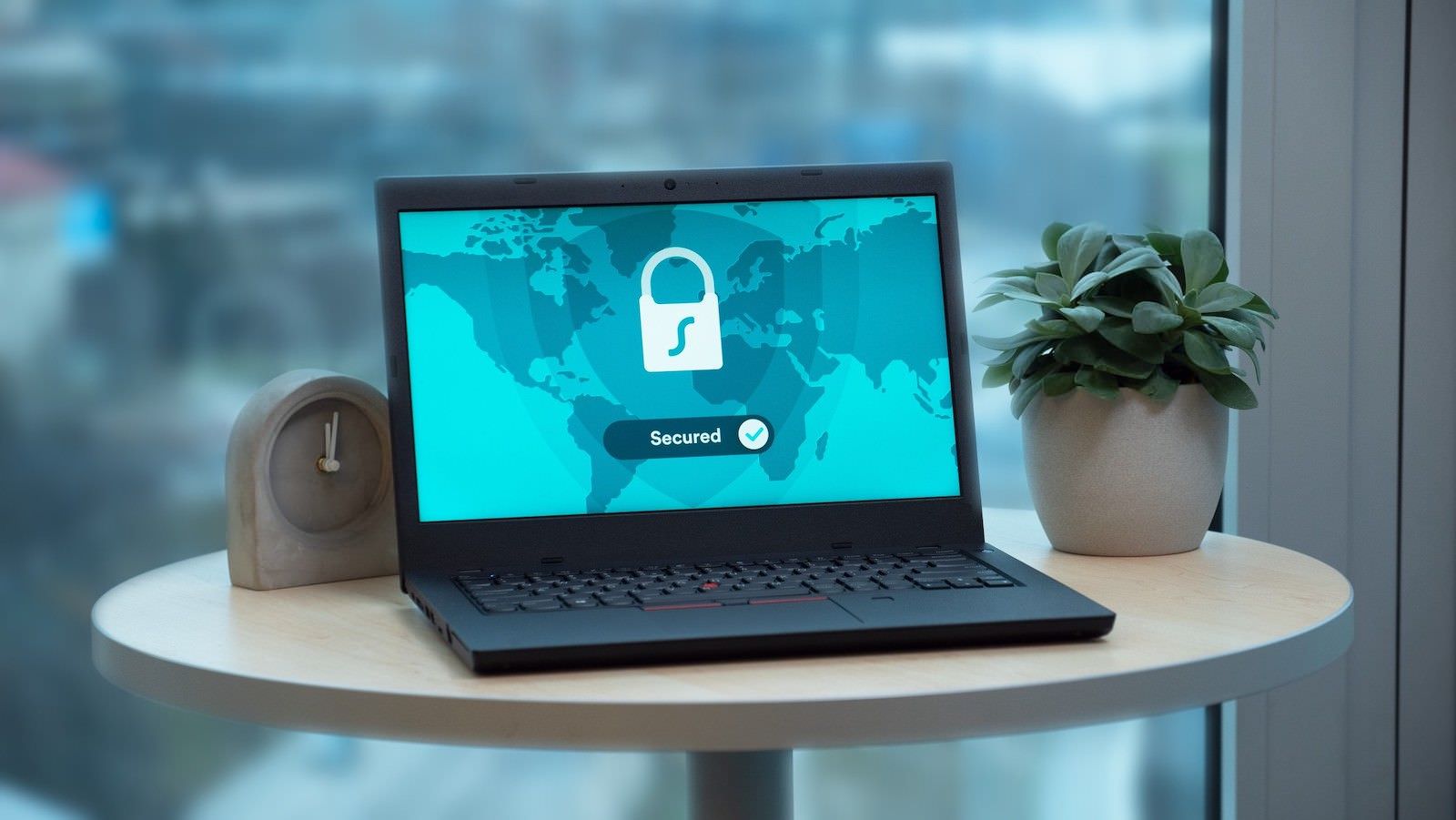
What happens if a VPN connection fails while I’m on a remote connection?
If your VPN connection fails while you’re on a remote connection, you may lose access to your company’s network. This can be a major inconvenience, especially if you’re in the middle of working on something important.
There are a few things you can do to minimize the risk of this happening. First, make sure that your VPN connection is stable and reliable.
Second, select a VPN company that provides multiple layers of security, so if one connection fails, you’ll be able to connect through another one.
And finally, keep a backup of your essential files and data so that you can access them even if your VPN connection is down.

Special VPN Deal
Get VPN protection from NordVPN, one of the most reliable VPN companies in the world, for just $3.99/month!
Is it legal to use VPN?
VPNs are becoming increasingly popular as more and more people investigate how to protect their online privacy. But is using a VPN legal? The answer is not as straightforward as you might think.
In some countries, VPNs are completely legal and are often used by businesses to secure their online communications. In other countries, VPNs are considered illegal and are banned outright. Still, in other countries, the legal status of VPNs is a bit more complicated and depends on how they are used.
So, what is the legal status of VPNs in your country? That is a question that you will need to research on your own.
For example, in the US, UK and most of the European Union, using a VPN is perfectly legal. However, in India, even though using a VPN is legal, a new law that came into effect recently wants to force VPN providers to share their users’ data with the government. Because of this law, many VPN companies are no longer offering physical VPN servers in India.
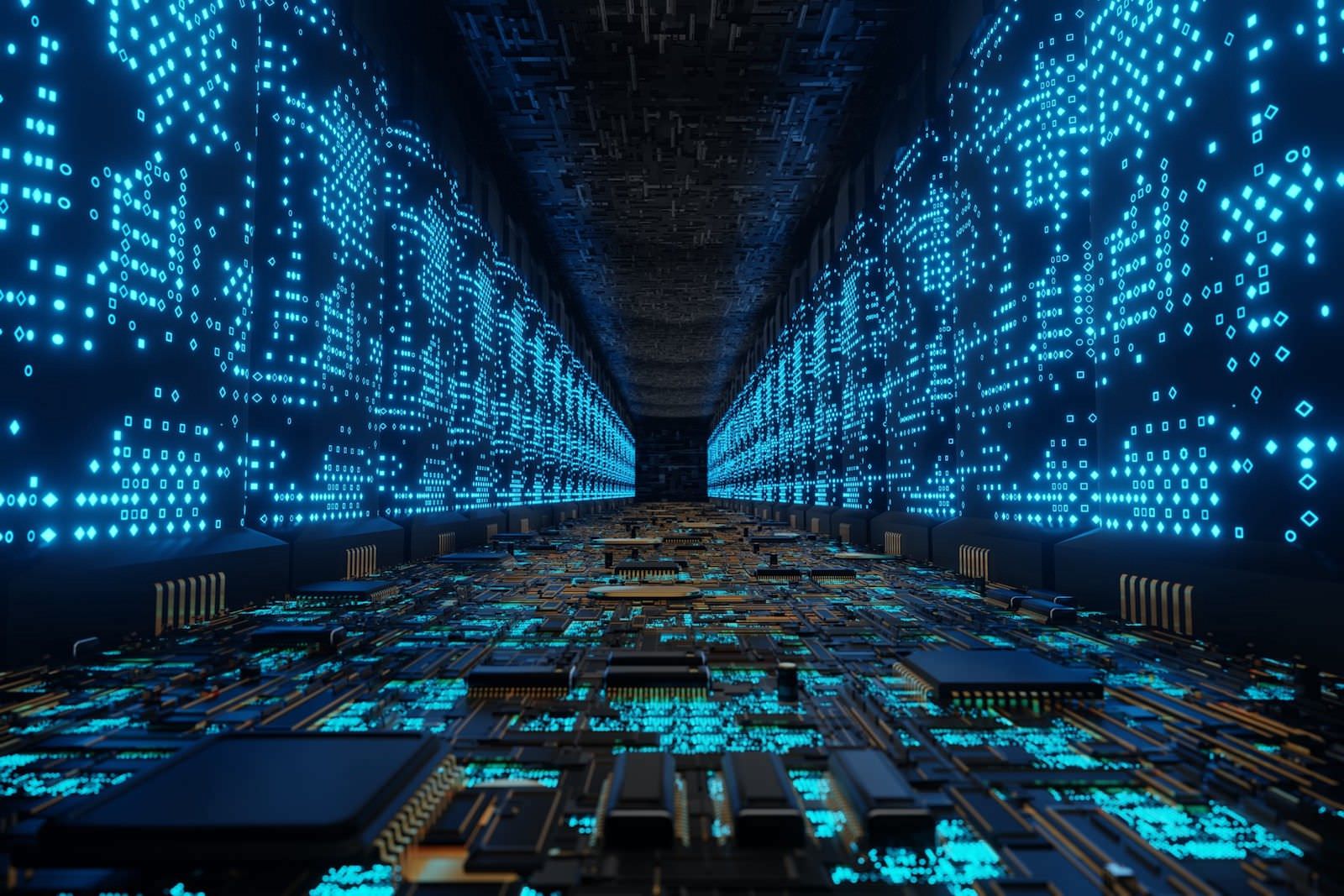
What does net neutrality mean for my VPN usage?
Net neutrality is the principle that all internet traffic should be treated equally. This means that internet service providers (ISPs) should not be able to throttle, block, or otherwise discriminate against any type of traffic.
For VPN users, net neutrality is important because it means that your VPN usage will not be discriminated against by your ISP. This is vital for ensuring that your VPN connection is always fast and reliable.
So what does the repeal of net neutrality mean for VPN users? Well, it is still too early to tell for sure. However, ISPs may start to throttle VPN traffic to prioritize other types of traffic. It may make using a virtual private network (VPN) harder, but we’re not there yet to determine whether this is true. Only time will tell how the repeal of net neutrality will impact VPN users.

Does a VPN slow down your internet connection?
There are numerous discussions online about whether a VPN will slow down your internet connection. Some people say that using a VPN will noticeably slow down your speeds, while others claim that there is no difference at all. To find out which is true, we did some testing.
We used an Ookla speed test to compare the speeds of our computers with and without a VPN. We found that, overall, the VPN did not have a noticeable impact on our speeds. However, when we tested specific websites and services, we did notice some slowdown.
Netflix was the service that slowed down the most when we were using the VPN. The internet speed decreased by about 25%. However, other services like YouTube and Spotify didn’t seem to be affected at all.
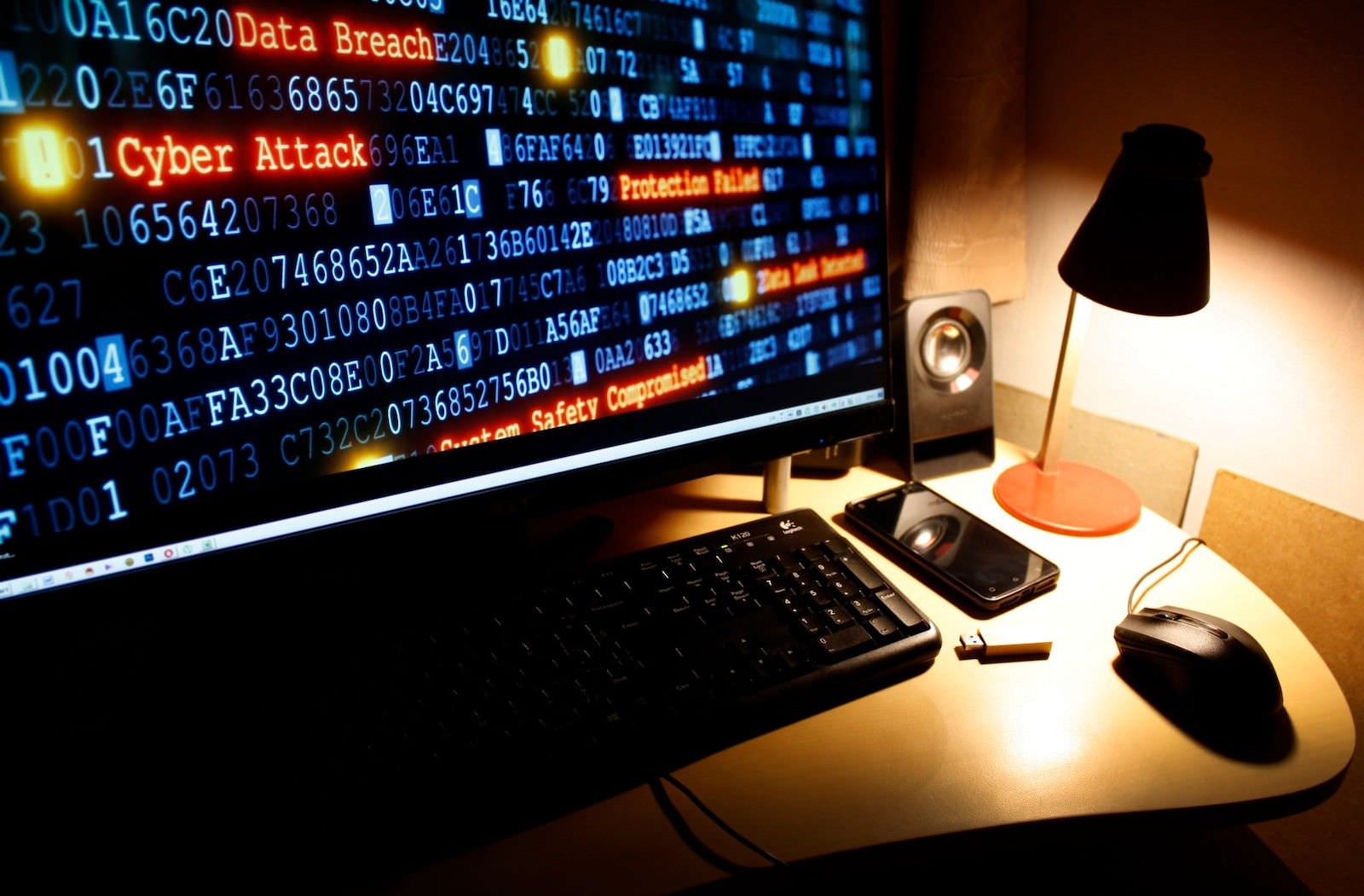
Can a VPN guarantee my privacy?
A Virtual Private Network (VPN) is a popular way to ensure online privacy. By routing your internet traffic through a VPN server, your data is encrypted, and your IP is hidden. This makes it much more difficult for anyone to track your online activities.
However, a VPN is not a perfect solution. While it can greatly improve your online privacy, it cannot guarantee it. There are still ways for someone to track your data if they are determined enough. And even if your data is secure, your activities could still be monitored if the VPN keeps logs of your activity.
So, while a VPN can be a helpful tool for protecting your privacy, it is not a perfect solution. If you are concerned about your online privacy, you should consider other measures as well, such as using a secure browser and avoiding websites that track your data.

Do VPN providers restrict usage and how?
Many VPN providers will claim that they do not restrict the usage of their service in any way. However, this is often not the case. In reality, most VPN providers will place some sort of restrictions on how their service can be used.
Some of the most common restrictions include limiting the amount of data that can be used, the speeds at which data can be transferred, and the number of devices that can be connected to the VPN at one time. While these restrictions can be frustrating, they are often necessary to keep the VPN running smoothly.
If you are looking for a VPN provider that does not place any restrictions on usage, you may have to pay more for a premium service. However, some providers offer unlimited data and device connections for a reasonable price. Do your research to find the VPN that best suits your needs.
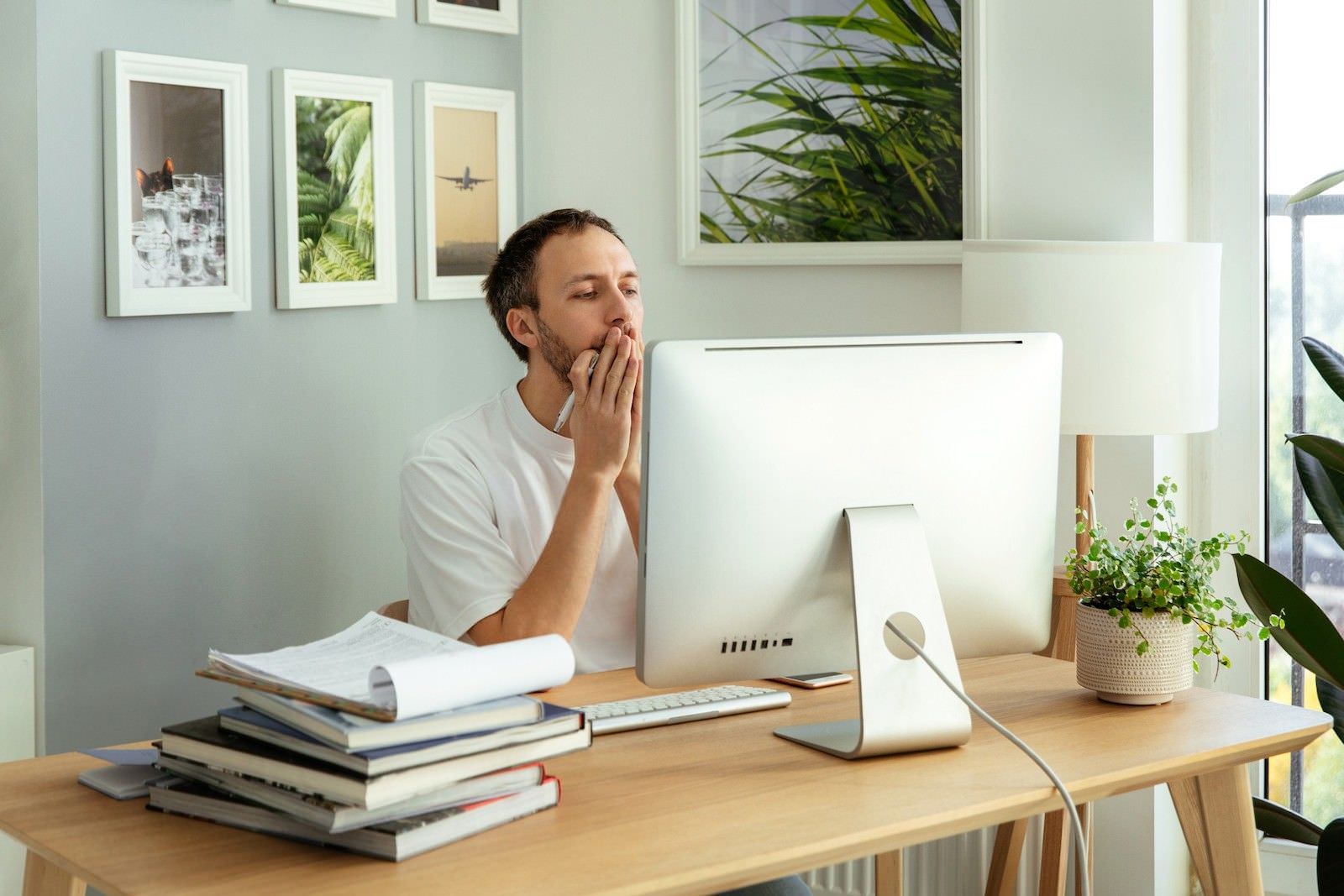
Is VPN slowing down my computer?
One common concern about VPNs is that they may slow down your computer. This is understandable, as VPNs encrypt your data and route it through a remote server, which can add some extra time to the process. However, in most cases, the difference is negligible.
Many modern VPNs are designed to be as fast and efficient as possible. If you are using a reputable VPN company, then the slowdown should be barely noticeable. Of course, there are always exceptions. If you are using an outdated or poorly designed VPN, then it could have a significant impact on your speed.
Similarly, if you are connecting to a server that is geographically far from your location, then you may experience some additional latency. In general, however, you should not worry about whether VPN will slow down your computer.

What are the limitations of VPNs
VPNs are a great way to protect your online privacy and security. But like all things, they have their limitations. Here are some of the main limitations of VPNs:
- They can slow down your internet connection
- They can be blocked by some websites
- They can be less secure than a direct connection
- They can be less private than a direct connection
Despite these limitations, VPNs are still a great tool for protecting your online privacy and security. If you’re looking for a VPN to use, be sure to do your research and choose a reputable provider.
Can VPNs be hacked?
Yes, VPNs can be hacked. However, the odds of your VPN being hacked are relatively low, especially if you use a respected company. Hackers typically target VPNs to steal user data or to gain access to corporate networks. If you’re concerned about your VPN being hacked, you can take steps to reduce the risk, such as using strong VPN encryption and choosing a reputable company.
Is VPN really necessary?
The short answer is yes – a VPN is necessary if you want to keep your data and online activity safe. A VPN encrypts your internet traffic, making it impossible for anyone to eavesdrop on your activities or steal your personal information. VPNs are also a great way to bypass censorship and access blocked websites.
While there are free VPN services available, they come with several risks. Free VPNs often sell your data to third parties or display intrusive ads. They may also be unreliable and slow. For these reasons, we recommend investing in a paid VPN service. Paid VPNs are more secure and offer better performance, making them worth the investment.
Global legality concerns
Lately, the use of VPNs has become increasingly popular, as they offer a way to bypass restrictions and access content from anywhere in the world. However, some legal concerns arise with the use of VPNs.
Different countries have different laws regarding the use of VPNs. In some countries, VPNs are completely legal, while in others, they are banned. There are also some countries where the use of VPNs is legal, but only for certain purposes.
Before using a VPN, it is important to research the laws of the country you are in, as well as the countries you will be connecting to. This will help ensure that you are using your VPN legally and safely.

Special offer for our readers – 3 Months Free!
Get the best rated VPN service in the world with a special offer just for the readers of PrivacyTutor!
What is a consumer VPN service?
When it comes to online privacy, security, and anonymity, a consumer VPN service is a great way to ensure your web traffic is protected. A VPN service creates an encrypted tunnel between your device and the internet, making it difficult for others to track or spy on your online activity.
A good consumer VPN service will also protect your identity and location by masking your IP. This means you can browse the internet anonymously and access blocked websites from anywhere in the world.
Consumer VPN services are easy to use and usually come with a variety of features, including malware protection, ad blocking, data compression, and split tunneling. So if you’re looking for added privacy and security when browsing the web, a consumer VPN service is a great option.

When should I start using a VPN?
A VPN, or Virtual Private Network, is a service that creates a secure connection over the internet between your computer and a VPN server. When you start using a VPN, your computer is connected to the VPN server as if it were on the same network. This means that any traffic sent or received by your computer is encrypted and cannot be read by anyone else on the network.
VPNs are used for a variety of purposes, including protecting your privacy when using public Wi-Fi networks and accessing websites that are blocked in your country. They can also be used to bypass censorship filters and improve your online security.
Here are some scenarios where a VPN might be useful:
- You’re using an unsecured public Wi-Fi network and want to protect your data from hackers.
- You want to access region-blocked content.
- Likewise, you’re using public, unencrypted Wi-Fi hotspots that won’t allow you to safely download files.
- You wish to prevent your internet service provider from collecting data about your online activity.

Special VPN Deal
Get VPN protection from NordVPN, one of the most reliable VPN companies in the world, for just $3.99/month!
How private are VPNs? Do they log everything I do?
VPNs are a great way to increase privacy and security when browsing the internet. However, many people are worried that their VPN is logging everything they do. In this article, we will explore how private VPNs are and whether they log your activity.
First, it is important to understand that not all VPNs are created equal. There are many free VPNs available that do not offer the same level of privacy and security as paid VPNs. If you are looking for a high level of privacy, it is essential to choose a VPN that does not keep logs.
Most paid VPNs do not keep logs, but there are a few exceptions. If you are concerned about your privacy, it is critical to read the Privacy Policy of any VPN you considering using. This will tell you whether the VPN logs your activity. If it does, this could mean that your privacy is at risk.
Trusting a VPN is the hardest part of using a VPN. It’s not like other services where you can just store your password with someone. You should also make sure that the VPN has a good history of not leaking information. If you have any concerns, you can sign up for the VPN on their website to see if they have a good track record.
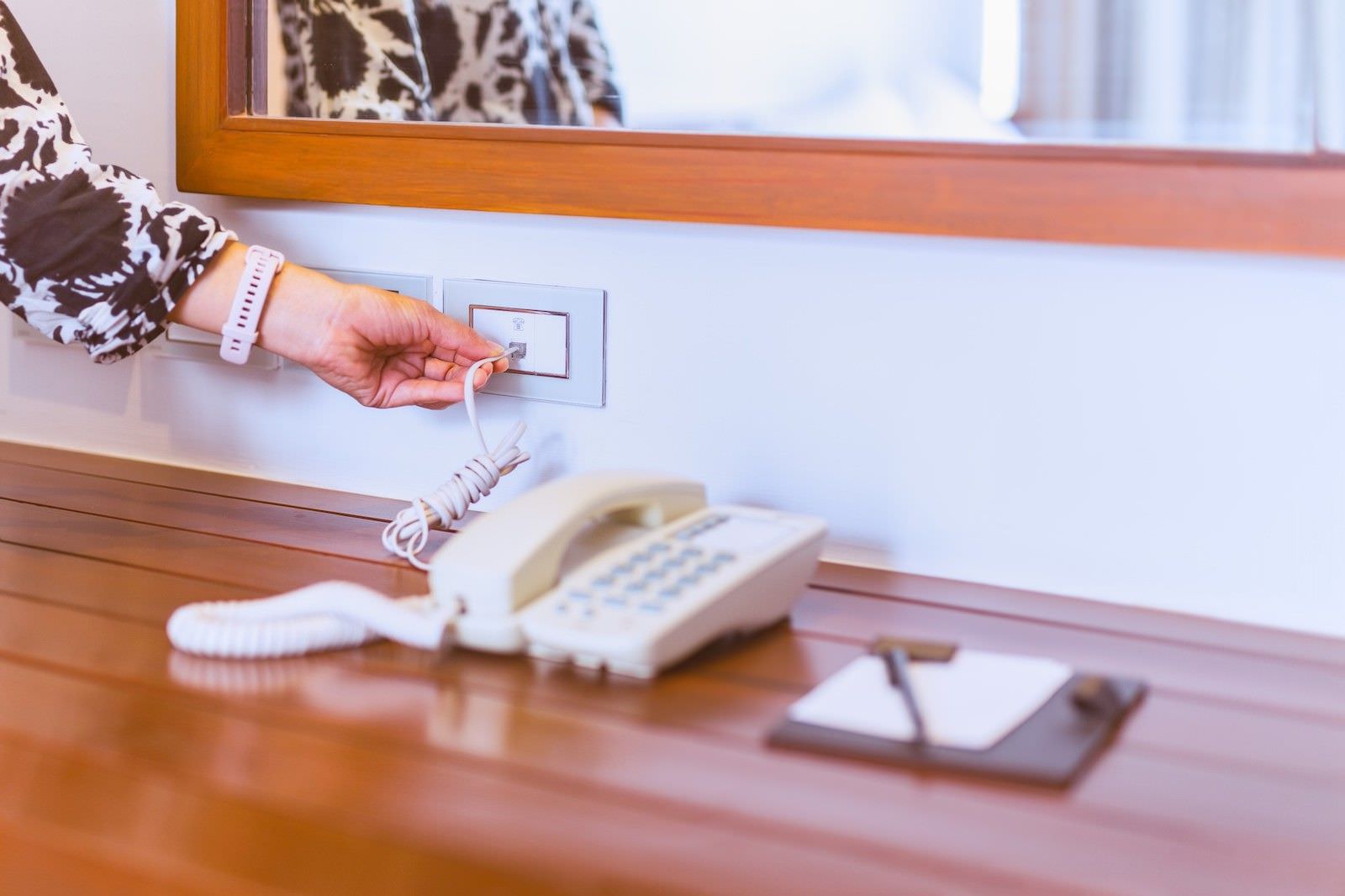
Can a VPN be used with a hotel’s wired internet connection?
Yes, you can use it if your hotel has a wired internet connection. In fact, using a VPN is a great way to keep your data safe when using public Wi-Fi networks. A VPN encrypts your data so that others cannot see it. This means that even if someone were to hack into the network, they would not be able to see your information. Additionally, a VPN can help you access blocked websites and content while traveling.

Special offer for our readers – 3 Months Free!
Get the best rated VPN service in the world with a special offer just for the readers of PrivacyTutor!
VPN Frequently Asked Questions
Let’s review some questions commonly addressed about how VPNs function.
Is VPN good for security?
While VPNs can provide a high level of security, they are not perfect. VPNs can be hacked, and some companies may keep logs of your activities. It is important to do your research before choosing a VPN provider.
What is the best VPN for security?
There is no one-size-fits-all answer to this question, as the best VPN for security will vary depending on your needs and preferences. However, some of the most essential factors to consider when looking for a VPN that provides strong security include the level of encryption offered, the number of servers available, and the company’s logging policy.
What protects a VPN?
VPNs are protected by a variety of security measures, the most essential of which is encryption. Encryption scrambles data so that it can’t be read by unauthorized parties, making it difficult for anyone to hack into a VPN and spy on its users. Other security measures used by VPNs include firewalls and authentication protocols.
Why should you avoid using a VPN?
There are a few reasons why you might not want to utilize a VPN. First, VPNs can be slow and unreliable. Second, they can be expensive. Third, they can be insecure. Finally, they can be blocked by websites or governments.
Do VPNs actually protect you?
VPNs are a great way to protect your privacy and keep your data secure. They work by creating a secure tunnel between your device and the VPN server, which encrypts all of your data traffic. This makes it impossible for anyone to track your online activity or steal your data.
Does VPN Make internet private?
VPNs can help to make your internet traffic private by encrypting your data. This means that even if someone were to intercept your traffic, they would not be able to read it.
Do VPNs protect your privacy?
VPNs can help protect your privacy by encrypting your traffic and hiding your location. However, they do not provide absolute privacy and should not be considered a substitute for strong security measures.
Can someone see my internet history if I use VPN?
VPNs are a great way to keep your internet activity private, but they’re not foolproof. If someone really wants to see your internet history, they can probably find a way. That said, using a VPN is much better than not using one at all, and it’s a good way to keep your data safe from prying eyes.
Is VPN truly anonymous?
VPNs are not always 100% anonymous. VPN providers can see your traffic, and in some cases they may be able to track your activity even after you’ve disconnected from the VPN. For this reason, it’s important to use a reputable VPN provider and to be careful about what you do online when you’re connected to a VPN.
Can you be tracked using a VPN?
Yes, a VPN can be used to track someone, but it would be difficult. A VPN creates a secure connection between your device and the VPN server, making it difficult for anyone to track your activity. However, if someone has access to the VPN server, they could potentially track your activity.
Which VPN is the most anonymous?
There is no one-size-fits-all answer to this question, as the most anonymous VPN will vary depending on your individual needs and preferences. However, some of the most anonymous VPNs include NordVPN, TunnelBear, and ExpressVPN. These VPNs offer strong security features and high levels of anonymity, making them ideal for those who need a high level of privacy and security.
What does anonymous VPN mean?
An anonymous VPN is a service that allows you to connect to the internet through a server that is not associated with your personal information. This can help protect your privacy by preventing your internet service provider (ISP) from tracking your online activity.
How does a VPN protect you at home?
A VPN (virtual private network) creates a secure, encrypted connection between your device and the VPN server. This connection protects your data from being intercepted by third parties, such as your ISP (Internet service provider), government agencies, or hackers.
What are the disadvantages of using a VPN?
There are a few potential disadvantages of using a VPN. First, VPNs can be slower than regular internet connections. Additionally, VPNs can be more expensive than regular internet plans. Finally, some websites may block access to users who are connected to a VPN.
Do VPNs protect you from viruses?
VPNs can help protect you from viruses, but they are not a substitute for antivirus software. VPNs encrypt your traffic, making it more difficult for someone to spy on your online activities or steal your data. However, if you are infected with a virus, it can still spread to other devices on your network if they are not also protected by a VPN.
Does a VPN make your browsing private?
Yes, a VPN can make your browsing private by encrypting your traffic and hiding your location. However, it is important to note that a VPN is not 100% foolproof and should not be used as a substitute for security measures like a firewall and antivirus software.
Can my internet provider see what I browse if my VPN is active?
Yes, your internet service provider (ISP) can see what you browse if you use a VPN. A VPN encrypts your traffic and sends it through a secure tunnel, so your ISP can’t see what you’re doing. However, your ISP can still see that you’re using a VPN, and they may throttle your bandwidth or increase your prices if they think you’re abusing the service.
Does a VPN protect against hackers?
VPNs can help protect against hackers, especially if you’re using a public Wi-Fi network. However, VPNs are not 100% foolproof, so it’s always important to use strong passwords and keep your software up to date.
Does a VPN hide your IP address?
A VPN can hide your it, but it depends on the VPN company. It is possible that your identity could be revealed if the logs are subpoenaed by law enforcement.
Conclusion
In conclusion, using a VPN is a great way to improve your security and anonymity online. It can help protect your privacy and keep your data safe from hackers. If you’re not already using a VPN, I urge you to consider doing so. They’re easy to use and can be very helpful in keeping you safe online.

Special VPN Deal
Get VPN protection from NordVPN, one of the most reliable VPN companies in the world, for just $3.99/month!

